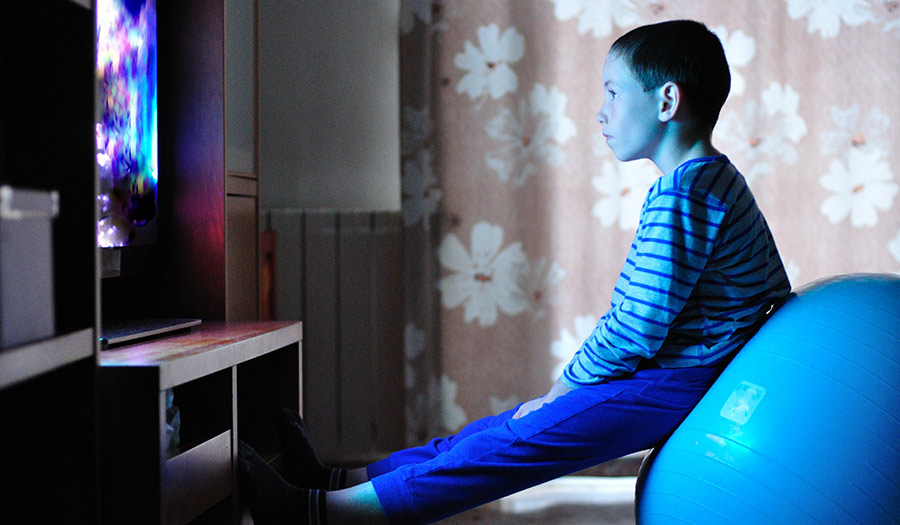 Getty Images
Getty Images
World News Desk
Learn the why behind the headlines.
Subscribe to the Real Truth for FREE news and analysis.
Subscribe NowMore than ever it seems we are concerned with air pollution. Recent headlines demonstrate this:
• “Air Pollution Kills 7 Million People a Year, WHO Reports” (Bloomberg)
• “South Koreans more worried about air pollution than Kim’s nukes” (The Guardian)
• “Climate Change Is Making Deadly Air Pollution Worse in Cities Across the U.S.” (Time)
Yet a new study suggests we should be more concerned about the pollution in our very own homes and workplaces.
According to an international survey by YouGov released May 15, people on average spend 90 percent of their time indoors, and indoor air can be up to five times more polluted than outdoor air. This contributes to the development of illnesses.
One in six respondents said they practically never go outside, spending nearly a full 24 hours a day indoors. Also, an average employee working a desk job may spend no more than 15 minutes per day outdoors.
“We know instinctively that spending so many hours in stuffy places isn’t good for us,” said Peter Foldbjerg, the head of daylight energy and indoor climate at VELUX, a skylight manufacturing company. “According to research, living in damp and moldy homes increases our risk of asthma by 40 percent and leaves us vulnerable to developing other ailments.”
Factors that affect indoor air quality include dampness, mold, pollutants from burning candles, chemicals from cleaning sprays, and furniture materials. Pollutants that come from or are trapped in these items are a leading cause of nose, eye and throat irritation.
Velux suggests opening windows three to four times a day to allow fresh air in, not burning candles, and cleaning regularly to prevent the buildup of mold and other pollutants.
In addition to poor air quality, the lack of natural light indoors also has a negative impact on health.
“Exposure to light-dark cycles is an absolutely crucial part of our biology and that’s due to the role of light in resetting our circadian clock each and every day,” said Steven Lockley, associate professor of medicine at Harvard Medical School.
“If you’re exposed to brighter and bluer light in the daytime, then you get a better stimulant effect,” he continued. “You’ll be more alert and have better cognitive function; potentially be more productive at work and so on.”
According to the study, at least 30 minutes of daylight is required to calibrate your circadian rhythm. Lacking sufficient daylight contributes to poor quality sleep.



